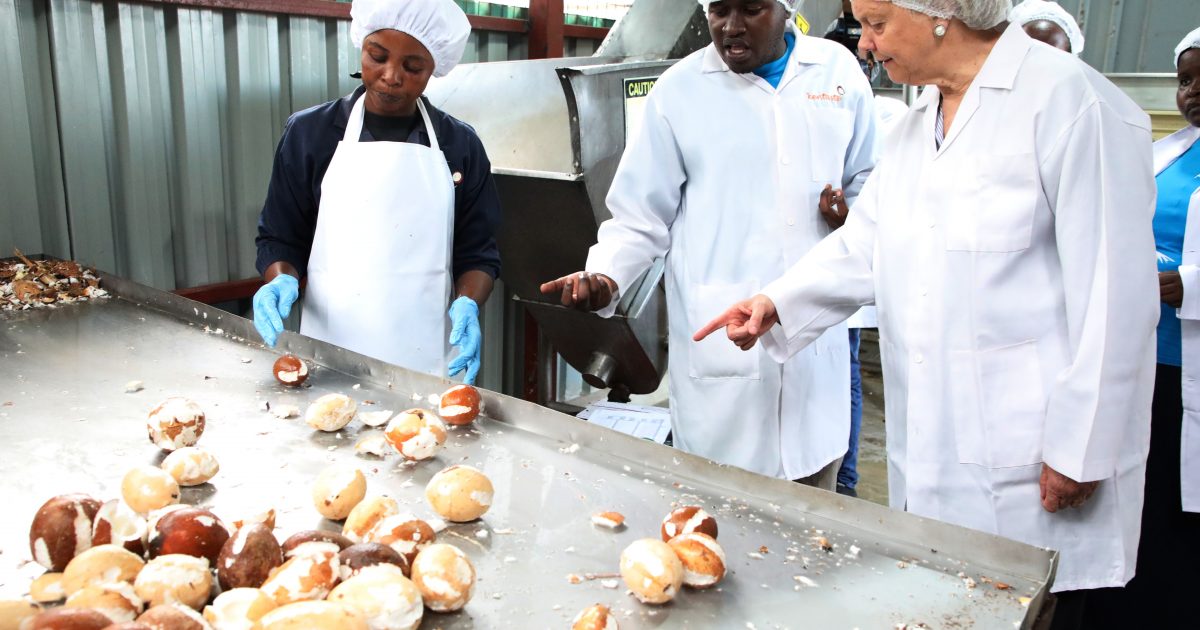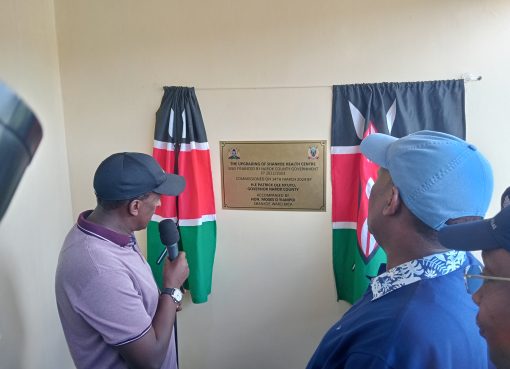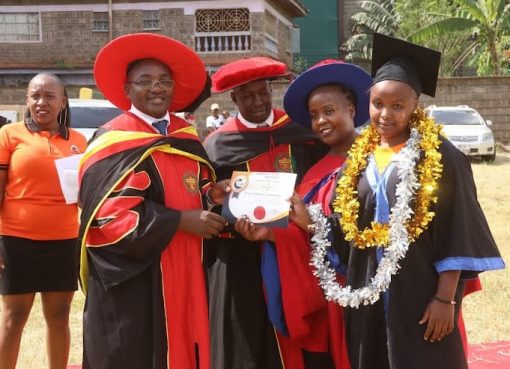The United States (US) has announced a partnership with Kwale-based based coconut-processor Kentaste that will create economic opportunities for more than 4,500 local farmers.
US Ambassador to Kenya Meg Whitman joined leaders from Kentaste for the announcement of the project funded by a combined investment between the United States Agency for International Development (USAID) and Kentaste of more than $ 1.6 million (233 million shillings) which will support efforts to expand Kentaste’s exports to the US.
The US Ambassador who was accompanied by Luke Williams, Australian High Commissioner to Kenya, made the announcement when she toured Kentaste coconut processing factory, East Africa’s leading producer of coconut products.
The envoys later toured coconut farms near the Kentaste factory that previously produced virgin coconut oil, milk and cream, but over the years its product range grew considerably and includes desiccated coconut, coconut flour and coconut snacks.
The US support for the project comes from USAID with funding from Feed the Future and Prosper Africa.
Ambassador Whitman said the partnership is expected to increase Kentaste’s processing capacity by 67 percent to 50,000 coconuts per day, generate 90 full-time jobs, and enroll 1,500 new farmers as suppliers.
She said more than 30 percent of newly enrolled farmers will be women and that the project will also eliminate 32,500 liters of food loss and waste over the next two years by increasing processing efficiency.
“Through partnerships like this, we are enhancing trade, transforming lives, and combating food waste and its impacts on climate change,” said the envoy.
She went further, “Sustainable growth and international collaboration are key to the prosperity of both our countries.”
The collaboration between USAID and Kentaste also secures ties with two major US retailers that will carry Kentaste’s coconut water products.
The envoy said these connections expand access to the US market for Kenyan coconut products and provide employment for Kenyan producers.
“With Kentaste, I now have consistent earnings and better farming techniques,” said a local farmer’s representative Abdalla Mwaramunda.
“This partnership is transforming our community,” he said, adding that the coconut factory has freed them from the perennial exploitation by middlemen.
Mwaramunda says coconut is a highly significant commodity in the coastal region culturally, socially and economically.
He said they are abundantly used in everyday life from consumption to cultural events and yield great potential for local and export markets.
Another farmer’s representative, Said Boga said coconut industry stakeholders and farming communities welcome all initiatives that seek to support and strengthen the coconut industry.
By Hussein Abdullahi





